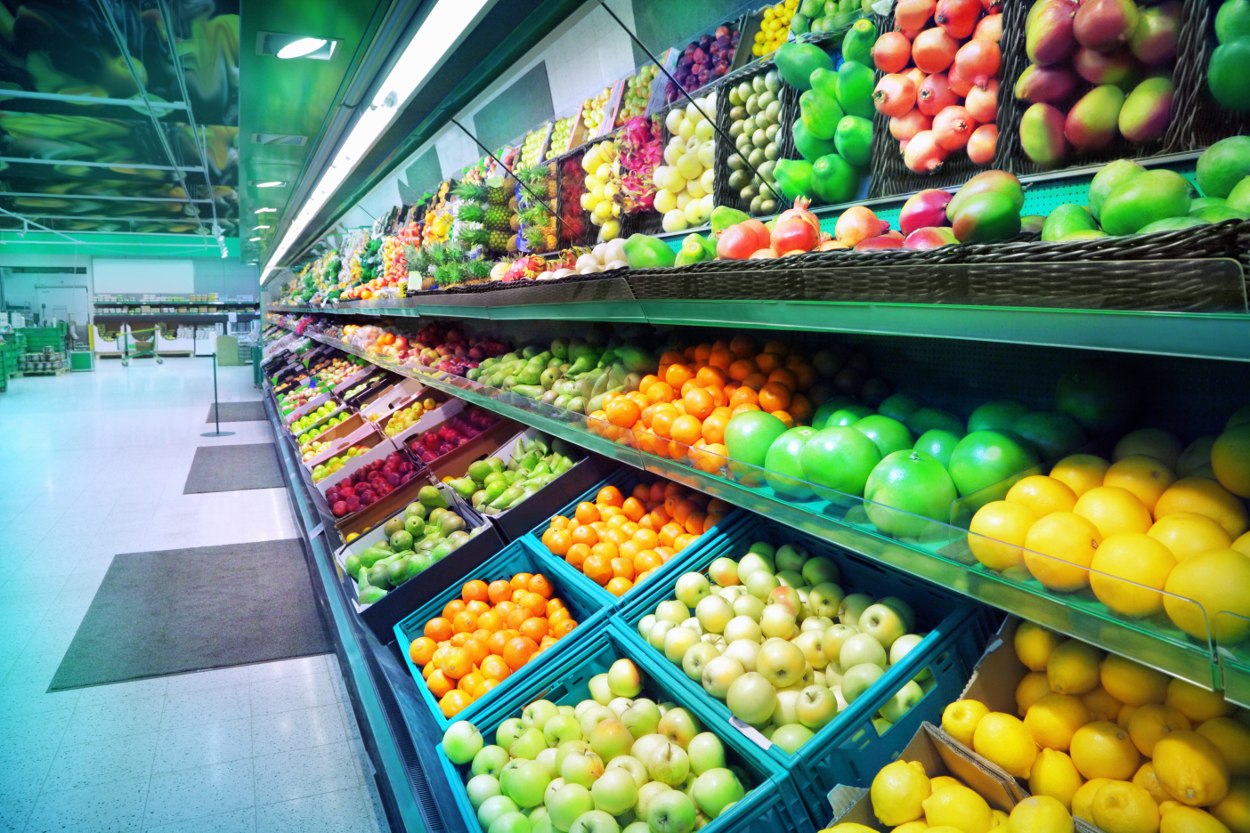
Agriculture is the backbone of the Indian economy. To reach its full economic potential, Indian agriculture urgently needs a third revolution: the ‘cool’ revolution to build efficient market links through a sustainable cold chain.
Agriculture is the backbone of the Indian economy, employing almost half its workforce – over 250 million people. To reach its full economic potential, Indian agriculture urgently needs a third revolution: the ‘cool’ revolution to build efficient market links through a sustainable cold chain.
Cold chains don’t just reduce post-harvest food loss but also allow farmers to earn more by maintaining the quality of their produce and selling it further afield at incremental value – especially when this means they can reach the fast-growing middle class indistant cities. The overwhelming majority of India’s small farmers, who produce most of the country’s high-value and high-nutrition foods, have little access to integrated cold chains.
The importance of cold chain is already well understood at the highest levels of India’s government. Prime Minister Modi has set a target of doubling farmers’ incomes by 2022. The challenge is that doing so by conventional diesel-powered cooling of transport refrigeration units and packhouses, for example, would simply mitigate one problem by significantly worsening pollution and contribute to climate change. India recognises, therefore, that it needs cold chains that are not only effective but also zero-emission and powered by renewable energy.
The report, entitled ‘India’s Third Agricultural Revolution – Doubling farmers’ incomes through clean cold chains’, was written as a result of a study tour and workshop led by the University of Birmingham’s Energy Institute, with help from the Foreign and Commonwealth Office, the Department for International Trade, the state government of Haryana, and India’s National Centre for Cold-chain Development. It addresses the next steps in the challenge of developing sustainable cold chains in India quickly.
Our key recommendation is that India and Britain should work together to establish a series of clean cold chain centres to hasten the development of this vital infrastructure. The centres must be technology neutral; regionally, socially and culturally inclusive; and test not only technologies but also business models.
Professor Toby Peters, Professor, Cold Economy, University of Birmingham
Read the full report (pdf, 2.16 MB)